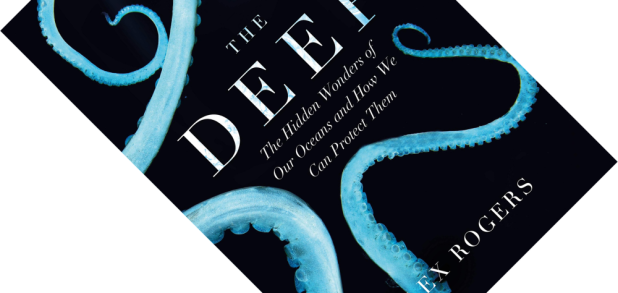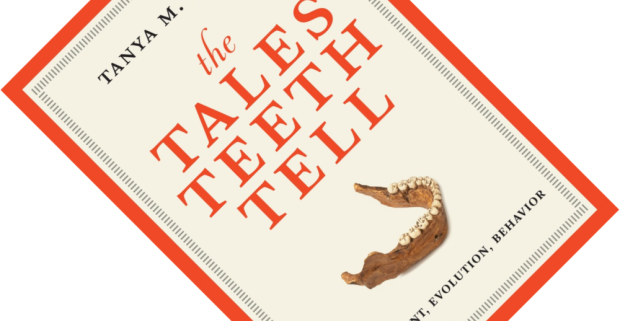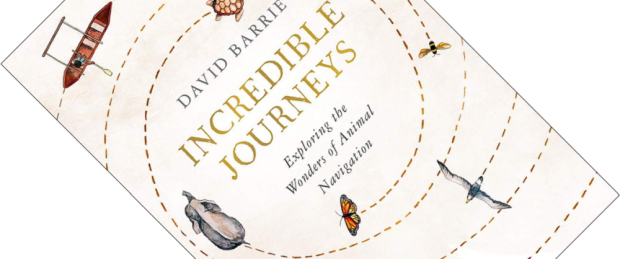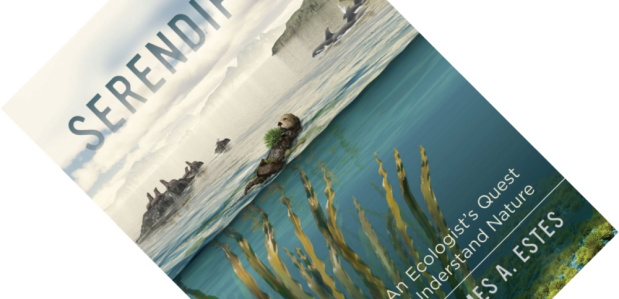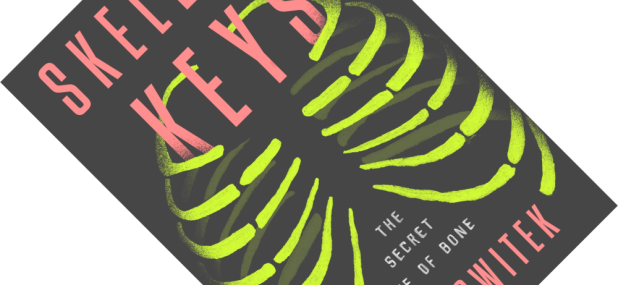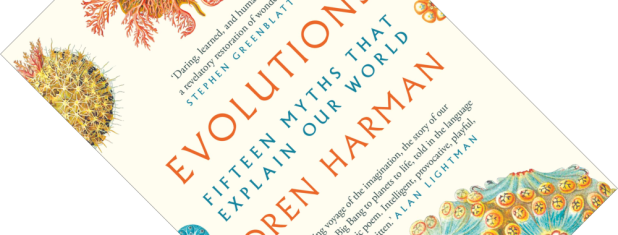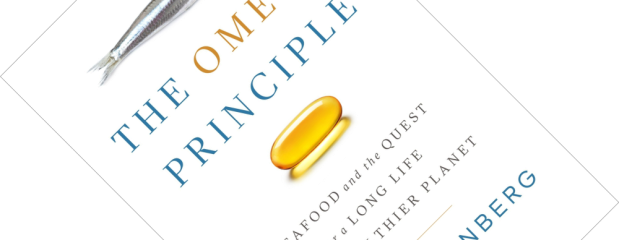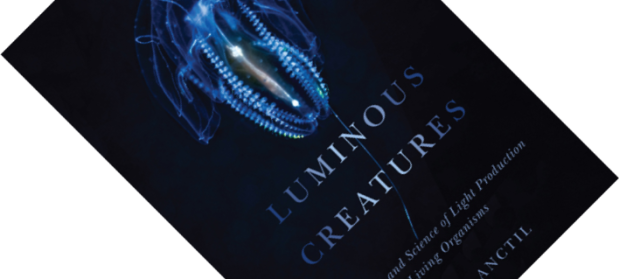What does the deep ocean make you think of? An alien world right on our doorstep? The cradle of life? A global garbage dump? The lungs of the planet? Or the world’s most abused ecosystem? If I am to believe marine biologist Alex Rogers, the deep ocean is all of the above, and so much more. With three decades of research experience and scientific consultancy credits for the BBC series Blue Planet II under his belt, he knows what he is talking about and he knows how to talk about it. The Deep is an intensely captivating and urgent book that swings between wonder and horror.
ichthyology
Book review – Vanishing Fish: Shifting Baselines and the Future of Global Fisheries
The phenomenon of “shifting baselines” is, to me, one of the most powerful concepts in ecology, explaining a lot of the damage humanity has wreaked on its environment. Vanishing Fish is a career-spanning collection of previously published essays, with some new material, from the pen of fisheries biologist Daniel Pauly who coined this term in 1995. And when a man like him speaks, I listen. The book gives an eye-opening overview of the state of the world’s fisheries, and the research that revealed the institutional ignorance that partially obscures the gravity of the situation.
Book review – The Tales Teeth Tell: Development, Evolution, Behavior
When I picked up The Tales Teeth Tell, the first thing I thought was: “Another book on fossil teeth?” After reviewing Ungar’s Evolution’s Bite: A Story of Teeth, Diet, and Human Origins in 2017 I was worried this might be more of the same. Was I ever wrong! Professor in human evolutionary biology Tanya M. Smith here shows there is a lot more to say about human teeth and their evolution.
Book review – Incredible Journeys: Exploring the Wonders of Animal Navigation
The ancient Chinese philosopher Laozi (also written Lao Tzu) supposedly wrote that “A journey of a thousand miles begins with a single step”. But as writer David Barrie shows with Incredible Journeys, before we can even take that step, every journey starts with navigation: where are you and where are you going? Animals of all stripes can make incredibly long journeys, usually without getting lost. This wonderful popular science book explores the remarkable diversity of strategies they employ to find their way.
Book review – Serendipity: An Ecologist’s Quest to Understand Nature
Sea otters don’t eat algae. And yet, their diet influences the abundance of seaweed. How? Indirectly. Sea otters eating sea urchins (spiky animals in the same class as sea stars) eating kelp has become a textbook example of a trophic cascade, and Serendipity is a first-hand account by ecologist James A. Estes of how this happened. A trophic cascade refers to the indirect effects that ripple through a food web as a result of, for example, a predator consuming its prey. Simultaneously, the book is a searingly open account of how science is done, how ideas change, and how fortuitous events can suddenly send your research programme off in a whole new direction.
Book review – Skeleton Keys: The Secret Life of Bone
From Skeletor to the Danse Macabre, from Army of Darkness to ossuaries and holy relics – despite being largely hidden in life, skeletons are some of the most recognizable structures that nature has produced. Science writer Brian Switek has written a sizzling little book with Skeleton Keys* that delves into both the biological and cultural significance of human bones, showing them to be more than just a powerful reminder of death and mortality.
Book review – Curators: Behind the Scenes of Natural History Museums
One fond memory I have of studying biology at Leiden University in the Netherlands was a behind-the-scenes tour for first-year students at the then brand new location of Naturalis Biodiversity Center. This included a tour of the main tower housing the scientific collection normally off-limits to the general public. This is the domain of the museum curator, but their work involves much more than spending time amidst storage cabinets. To get a good idea just how diverse this job is, look no further than this lively and beautifully presented memoir. Here, Lance Grande tells of his career of more than thirty years as a curator at the Field Museum in Chicago.
Book review – Evolutions: Fifteen Myths That Explain Our World
Communicating the complexities and abstractions of scientific findings is not easy. Anyone who has ever slogged through yet another dense paper or muddled presentation will acknowledge this. Our universe, it seems, cares not for the human quest of understanding it. One of the things, then, that makes popular science books such a treat is that they infuse scientific findings and speculation with a certain lyricism and good storytelling. This is why we flock to authors such as Nick Lane, Richard Dawkins, Richard Fortey, and many others besides. This is why Richard Feynman and Carl Sagan remain household names decades after their death. The latter’s Pale Blue Dot segment still gives me goosebumps. With Evolutions: Fifteen Myths That Explain Our World, science historian Oren Harman boldly turns the concept on its head: rather than bringing poetic flair to a pop-science book, he brings scientific flair to an epic poem.
Book review – The Omega Principle: Seafood and the Quest for a Long Life and a Healthier Planet
American author Paul Greenberg has written two previous books about (eating) fish (American Catch: The Fight for Our Local Seafood and Four Fish: A Journey from the Ocean to Your Plate), so he is no stranger to the rather, errr, fishy topic of omega-3 fatty acid supplements. His new book, The Omega Principle, is much more than just a critique of the supplement industry though. This engagingly written reportage digs far deeper, asking where this oil comes from, and reports on that vast segment of the global fishing industry known as the reduction industry, and a food system out of whack with our needs.
Book review – Luminous Creatures: The History and Science of Light Production in Living Organisms
Beetles do it. As do fish. And squid, sharks, jellyfish, salps, dinoflagellates, and a host of other invertebrates. Bioluminescence, the production of light by living organisms, is one of nature’s most awe-inspiring spectacles and has fascinated humans since time immemorial. Luminous Creatures, written by bioluminescence researcher Michel Anctil, is a chunky book that charts the history of scientific research on this phenomenon by examining the lives and achievements of many of the key players involved. Along the way, it lifts the lid on many of the wondrous details of bioluminescence.

